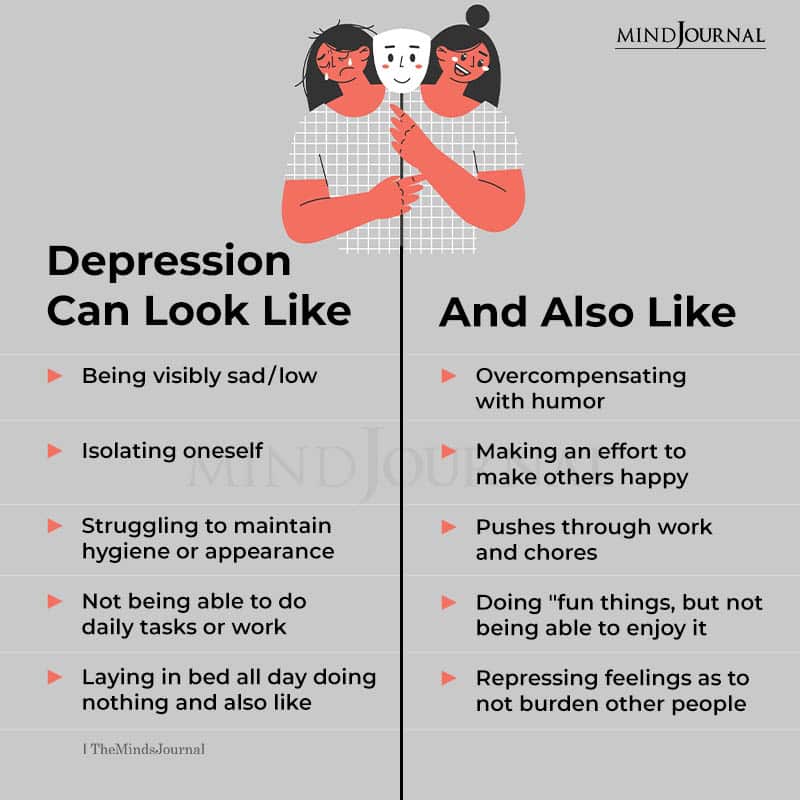A ground-breaking study conducted by researchers from the University Medical Center Groningen has challenged the widely held belief that depression and anxiety contribute to a higher risk of cancer.
As reported by Medical News Today, this study provides valuable insights that debunk the commonly held notion and offers relief to individuals who may have attributed their mental health conditions to their cancer diagnosis.
Let’s delve deeper into the study’s findings and explore the implications for understanding the complex relationship between mental health and cancer risk.
Related: The Anxiety Spectrum: 5 Major Types Of Anxiety Disorders And A Common Cause
Can Depression And Anxiety Increase Cancer Risk?
Published in the esteemed journal Cancer, the study examined data from over 300,000 adults across multiple countries and found no significant associations between depression, anxiety, and the development of breast, prostate, colorectal, and alcohol-related cancers.
Previous research has suggested that depression and anxiety can have profound effects on the body and may increase the risk of various diseases, including heart diseases and dementia. Additionally, studies have linked depression and anxiety to a higher likelihood of developing certain types of cancer.
However, these previous studies have yielded conflicting results, making it challenging to draw definitive conclusions.
In this recent study, Dr. Lonneke A. van Tuijl and her team sought to address the inconsistencies in previous research and provide a more comprehensive understanding of the relationship between depression, anxiety, and cancer risk.
Analysing data from the International Psychosocial Factors and Cancer Incidence Consortium, which encompassed 18 prospective study groups and over 300,000 adults, the researchers found no significant associations between depression, anxiety, and overall prostate, breast, alcohol-related and colorectal cancers while doing a follow up to 26 years.
Dr. van Tuijl noted that the study’s results were surprising, as they contradicted the commonly held belief that depression and anxiety contribute to an increased risk of cancer. The findings were consistent across the different cohorts and provided a clearer picture due to the study’s standardized definitions and analytical approaches.

Disentangling The Relationship Between Mental Health And Cancer Risk
Depression and anxiety are complex mental health conditions that can manifest independently or coexist. Depression involves persistent feelings of sadness that significantly impact daily functioning, while anxiety is characterized by constant worry and nervousness.
It is not uncommon for individuals to experience both conditions simultaneously, with anxiety potentially triggering or accompanying depression.
The causes of depression and anxiety are multifaceted. They can stem from various factors such as genetic predisposition, major life changes, traumatic experiences, certain medications, and underlying illnesses. However, the exact mechanisms through which these mental health conditions may influence cancer risk remain unclear.
Dr. Parvin Peddi, a board-certified medical oncologist, and Dr. Kristina Espinosa, an accredited clinical psychologist, both emphasize that many cancer patients do not have a history of depression or anxiety. The study provides evidence to alleviate the concerns of individuals who may blame their mental health for their cancer diagnosis.
However, it is essential to note that chronic psychological distress can still impact one’s outlook and coping abilities. Mental health remains a crucial aspect of overall well-being, and ongoing research is needed to better understand the intricate relationship between psychological factors and illness.
Related: 10 Superfoods That Prevent The Growth Of Cancer
Reducing Cancer Risk: Lifestyle Factors
While the recent study challenges the idea that depression and anxiety increase cancer risk, it is important to recognize that certain lifestyle factors play a significant role in cancer prevention. By adopting healthy habits, individuals can take proactive steps to reduce their overall risk.
Here are some key recommendations from experts:
- Maintain a well-balanced diet: A diet rich in fruits, vegetables, whole grains, and lean proteins can provide essential nutrients and antioxidants that support overall health.
- Engage in regular exercise: Regular physical activity has been shown to lower the risk of several types of cancer. Try to do some moderate intensity workouts for 150 minutes a week, or vigorous and intense activity for 75 minutes per week.
- Avoid tobacco products: Smoking and tobacco use are major contributors to various types of cancer. Quitting smoking and avoiding second-hand smoke are crucial for reducing cancer risk.
- Use dermatologist recommended sunblock: When you are exposed to the ultraviolet rays (UV) of the sun and tanning beds, you are at a higher risk of contracting skin cancer. Use sunscreen with a high sun protection factor (SPF) and limit direct sun exposure, especially during peak hours.
- Undergo regular cancer screenings: Screening tests, such as mammograms, colonoscopies, and Pap smears, can detect cancer at early stages when it’s most treatable.
- Practice safe behaviours: Certain infections, such as human papillomavirus (HPV) and hepatitis B and C have been linked to an increased likelihood of developing cancer. By taking preventive measures and seeking appropriate vaccinations, individuals can protect themselves against these infections.








Leave a Reply